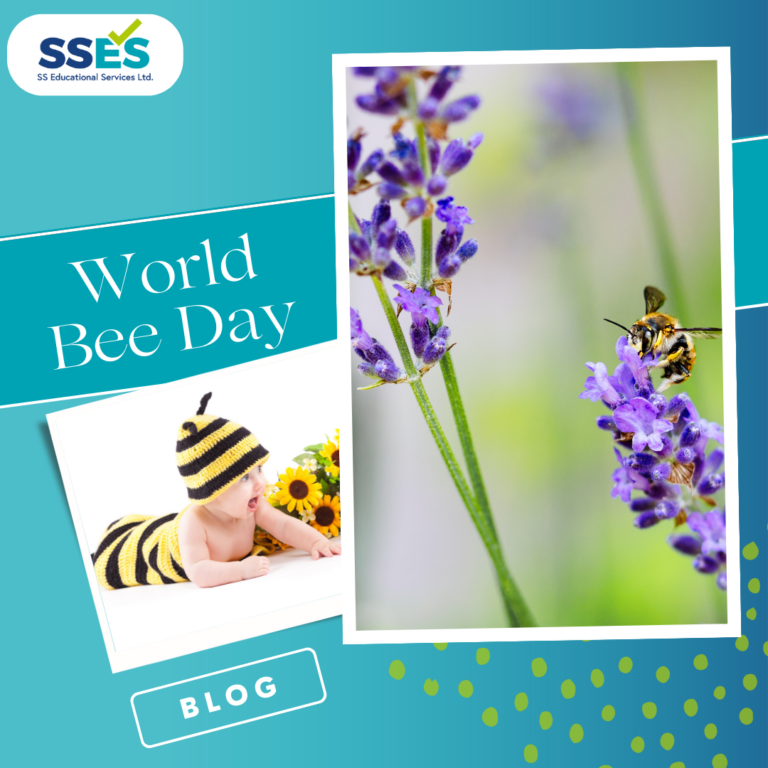World Bee Day 2023: The Buzzing Guardians of Our Planet
As we celebrate World Bee Day 2023, let’s take a moment to appreciate these small but mighty creatures. Bees are indeed remarkable, not merely for their sting, but for their significant contribution to the sustainability of our planet and the prosperity of our society. They play a pivotal role in pollinating a wide variety of plants, many of which make up the fruits, vegetables and nuts that grace our dining tables.
Bees are nature’s master pollinators. This means they help plants to reproduce, leading to the production of seeds and fruits. By transporting pollen from the male parts of a flower to the female parts, bees ensure the survival of many plant species. Astonishingly, it is estimated that one third of the food we consume each day relies on pollination, mainly by bees. This highlights the intrinsic link between bees, our food supply, and ultimately, human survival.
Beyond food, bees also support the production of other essential goods like cotton, which drives the textile industry, and various flowering plants which add aesthetic beauty to our environment. Their importance extends to the pharmaceutical industry as well, with numerous medicines deriving from bee-pollinated plants.
Now, for a few fun facts about our buzzing friends! Did you know that bees have been around for more than 30 million years? Or that a single bee can visit up to 5,000 flowers in a day? Incredibly, the entire hive, sometimes housing up to 60,000 bees, works in harmonious synchrony under the guidance of one queen bee.
As vital as they are, bees are facing numerous threats, including habitat loss, climate change, and the misuse of pesticides. It’s crucial that we impart the importance of bees to future generations, particularly those in early years and children, young people and families. By integrating knowledge about bees into their learning journey, we can empower them to take actions that support bee survival.
Here are a few engaging activities to teach children about the importance of bees:
Bee Storytelling: Read children’s books about bees to spark their interest. “The Bee Book” by Charlotte Milner or “The Very Greedy Bee” by Steve Smallman are excellent choices.
Garden Visits: Take children on a local garden or park visit. Here, they can observe bees at work, understand their roles and appreciate their beauty.
Plant a Bee-friendly Garden: Guide children in planting a garden with flowers that attract bees. This teaches them about the symbiotic relationship between bees and plants.
Craft Activities: Use arts and crafts to create bee-related items. This could be a bee mask, a model of a hive, or even a colourful collage of a bee-friendly garden.
Bee Role-play: Let children act out the different roles in a bee hive – queen bee, worker bee, drone – to understand the complex social structure of bee colonies.
Adopt a Hive: Some local beekeeping associations allow ‘hive adoption’. This can be a fascinating, ongoing learning experience for children.
This World Bee Day, let’s pledge to do our bit to support these extraordinary creatures. Remember, every flower planted, every pesticide-free garden, and every child taught about the importance of bees is a step towards a more sustainable future for us and our buzzing allies. After all, in protecting the bees, we’re ultimately safeguarding our own survival. It’s a small action for a human, but a giant leap for bee-kind.


